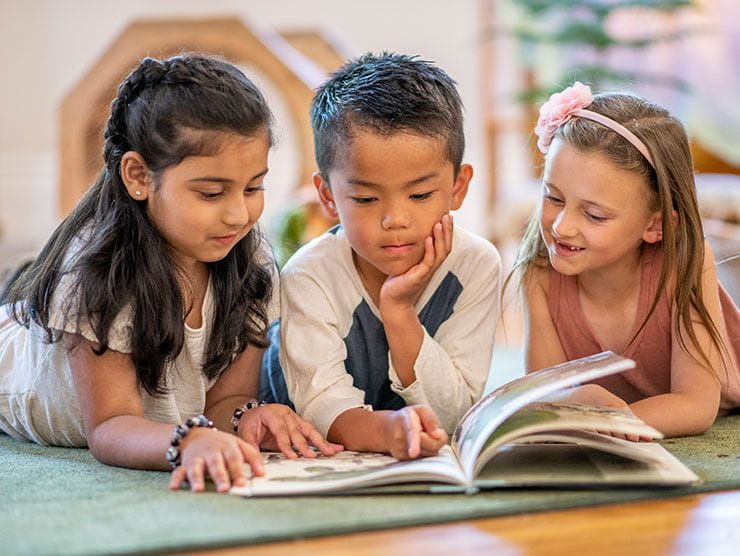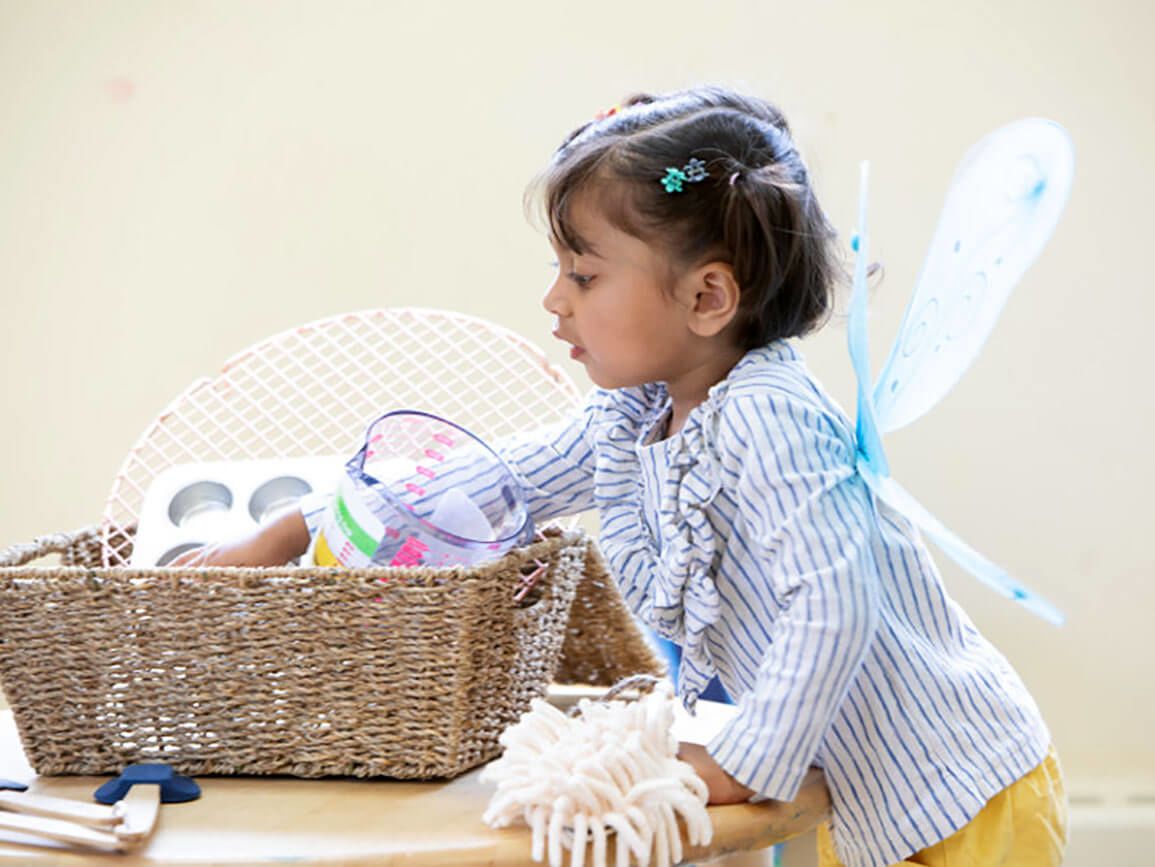Starting kindergarten is an exciting milestone in a child’s life—marking the first official year of school. As the first official year of school approaches, many parents often wonder: What should a kindergartener know before stepping into the classroom?
While every child grows at their own pace, there are key developmental, academic, social, and self-help skills that are typically expected as children begin kindergarten to help ensure a smoother transition into school and set the stage for future learning success.
In this article, we’ll explore what a kindergartener should know and how parents or caregivers could help support a child’s readiness.
Key academic skills
Language and literacy development.
Kindergarteners aren’t expected to read yet, but they should show familiarity with language in several ways. Kindergarteners should be able to:
- Recognize most letters of the alphabet
- Know the sounds that letters make
- Write their own name with mostly correct letters
- Hold a book properly, turn pages, and follow text from left to right
These skills are the foundation for learning to read and write in kindergarten.
Math concepts:
Basic number and shape recognition also play a big role in kindergarten readiness. Your child should start to be able to:
- Count to 20 (or higher)
- Recognize numbers up to 10
- Understand quantity (for example, knowing that 5 is more than 2)
- Identify basic shapes such as a circle, square, and triangle
- Sort objects by color or size
These concepts are often taught through play, songs, and activities during early childhood education years.
Social and emotional readiness
Kindergarten involves much more than just academics. This is also a crucial time for children to build emotional intelligence, independence, and social skills.
Children entering kindergarten should be comfortable in a group setting and show abilities to:
- Take turns and share with other children
- Follow basic classroom rules
- Express their feelings in words rather than through aggression and big emotions
- Play, interact, and collaborate with other children
Having these key social and emotional skills will help create a positive and inclusive classroom environment.
Another key skill for children entering kindergarten is the ability to listen and follow directions. Children should be able to:
- Follow one or two-step directions, for example “Put your backpack away and sit on the carpet”
- Pay attention and following the teacher’s lead during group activities
- Know and respond to their name
- Participate in class routines
Developing focus and self-regulation skills before kindergarten creates a smoother adjustment to classroom expectations.
Physical development
Fine motor skills.
Fine motor development helps children participate in different classroom activities such as writing, cutting, and coloring. By kindergarten, your child should be able to:
- Hold a pencil or crayon using a correct or nearly correct grip
- Cut along a line with child-safe scissors
- Use glue, buttons, and zippers with minimal help
Gross motor skills.
Kindergarteners are usually expected to:
- Run, jump, skip, and balance
- Climb stairs using alternating feet movements
- Throw and catch a ball
Self-help skills and independence
A big part of kindergarten readiness is being able to manage basic self-care tasks independently. This helps children feel more confident and capable in a school setting:
- Use the bathroom alone, including wiping and washing hands
- Manage personal belongings like jackets, shoes, and backpacks
- Open lunch containers with minimal help and being able to feed themselves
- Clean up after themselves after play and activities
How parents can support kindergarten readiness
An important thing to remember is that readiness isn’t just about what they already know, it’s also about how you support their growth. Here are some ways parents and caregivers can help prepare their child for kindergarten:
- Read together every day to build your child’s vocabulary and foster a love of books
- Talk about school in a positive way to help build excitement and reduce anxiety
- Incorporate math, taking turns, and following rules in everyday activities
- Practice routines like getting dressed, packing a backpack, or sitting for a quick story
- Encourage independence while offering support and using encouraging words
The more familiar your child is with the flow of learning and playing, the more confident they’ll feel starting kindergarten.
So, what should a kindergartener know before starting school? While there are certain milestones and skills to look for, it’s more important to remember that every child develops at their own pace. Some children may be early readers, while others are still learning how to hold a pencil, and that’s okay.
Kindergarten teachers are trained to support a wide range of abilities.
The most important thing is to provide a supportive home environment where curiosity, independence, and learning are encouraged every day.
With time, patience, and plenty of practice, your child will be well prepared for their journey to a successful kindergarten year.
Ready to Support Your Child’s Learning Journey?
Whether your child is preparing for kindergarten or just starting out in early childhood, Bright Horizons offers nurturing programs designed to help every child thrive.




.ashx?as=1)
